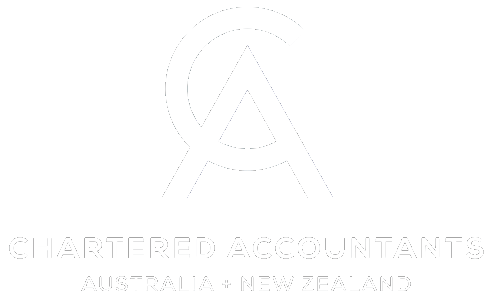Welcome to our April 2024 edition of the StewartBrown newsletter. We hope to keep you informed of the important tax developments and issues affecting businesses in Australia today and throughout the year ahead.
Click here to download a PDF copy of the April 2024 StewartBrown newsletter.
DIRECTOR IDENTIFICATION NUMBERS – PROSECUTION

On 19 March 2024, a company director was formally charged with one count of contravening section 1272C(1) of the Corporations Act 2001 by failing to have a director ID.
All directors are required by law to verify their identity with Australian Business Registry Services before receiving a director ID. Directors must apply for their director ID before being appointed.
The maximum penalty for an offence against section 1272C(1) of the Act is 60 penalty units which currently equates to a maximum penalty of $13,320.
TAX PLANNING
As we approach the end of the financial year, it's the perfect time to discuss how strategic tax planning can benefit you or your business. Our goal is to ensure you are positioned to make informed decisions that enhance your financial well-being.
Why is tax planning important?
Tax planning is an essential element of financial health, enabling individuals and businesses to minimize their tax liabilities while maximizing potential returns. Effective tax planning ensures that you take full advantage of all deductions, allowances, and credits that are available under Australian tax law.
Benefits of tax planning:
- Reduce Tax Liability: Proactive planning helps in identifying lawful opportunities to decrease the amount of taxes payable.
- Cash Flow Management: By understanding your tax commitments ahead of time, you can better manage your cash flow, avoiding surprises and ensuring that funds are available when needed.
- Investment Decisions: With a clear understanding of your tax implications, you can make smarter investment choices that align with your long-term financial goals.
- Regulatory Compliance: Stay up-to-date with the latest tax laws and regulations, reducing the risk of penalties or audits.
- Future Security: Planning for your taxes is planning for your future, helping to secure a stable financial environment for you and your family.
Our approach:
Our team is dedicated to understanding your specific needs and providing customised advice tailored to your unique financial situation.
We invite you to schedule a consultation with one of our Managers or Partners at your earliest convenience. During this meeting we can discuss your financial position and explore the various strategies that could be beneficial to you.
NOT FOR PROFT ENTITIES – TAX REPORTING
From 1 July this year, non-charitable not-for-profits (NFPs) with an active Australian Business Number (ABN) will be required to lodge a new annual NFP self-review return to the Australian Taxation Office (ATO) to confirm their income tax exemption status.
This applies to around 150,000 NFPs who currently self-assess as income tax exempt.
The new reporting requirement was introduced in the 2021–22 Federal Budget to enhance transparency and integrity in the tax, super and registry system by ensuring only eligible non-charitable NFPs are able to access income tax exemption.
Failing to comply with this new annual reporting requirement could result in the loss of tax exempt status for these NFP entities.
The first return is for the 2023–24 tax year and NFPs will need to prepare and submit their annual self-review between July and October 2024.

Non-charitable NFP’s should start taking steps now to ensure they are ready to lodge their annual NFP self-review return ahead of the due date in October. Non-charitable NFPs who have an active ABN can get ready now by:
- conducting an early review of their eligibility.
- checking all their details are up to date, including authorised associates, contacts and their addresses are current.
- reviewing their purpose and governing documents to understand the type of NFP they are.
- setting up myGovID and linking it to the organisation’s ABN using Relationship Authorisation Manager.
Non-charitable NFP’s should start taking steps now to ensure they are ready to lodge their annual NFP self-review return ahead of the due date in October. Non-charitable NFPs who have an active ABN can get ready now by:
- You are a certain type of government entity.
- You are an Australian Charities and Not-for-profits Commission (ACNC) type of entity.
- You are a taxable NFP.
The Tax Office are recommending that NFP’s should take the time now to review their purpose and governing documents to understand the type of NFP they are and to ensure they are still operating within their constituent document guidelines. Each NFP must self-assess every year to declare that they still qualify for tax exempt status. In the past this has been a passive self-determination. From this financial year onwards it needs to be assessed and recorded on an annual form and sent to the ATO.
These self-review returns can be lodged (from 1 July 2024) by the NFP entity using online services for business (assuming your NFP has the necessary access) or the NFP could use a Tax Agent such as StewartBrown Chartered Accountants to lodge on their behalf.
If you are responsible for a non charitable NFP entity and need any assistance in understanding or meeting these new reporting requirements please reach out to your StewartBrown Manager or Partner for assistance.



